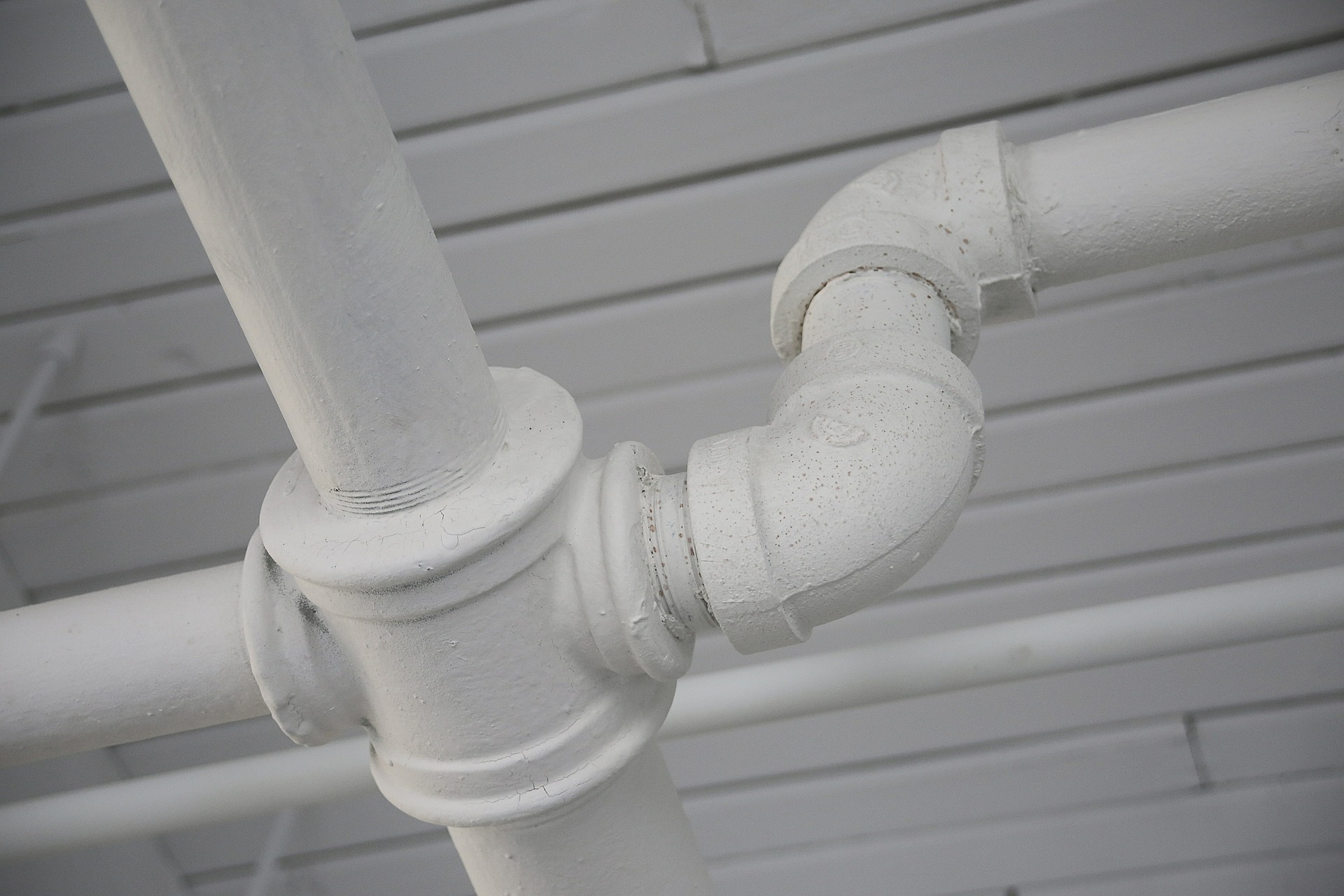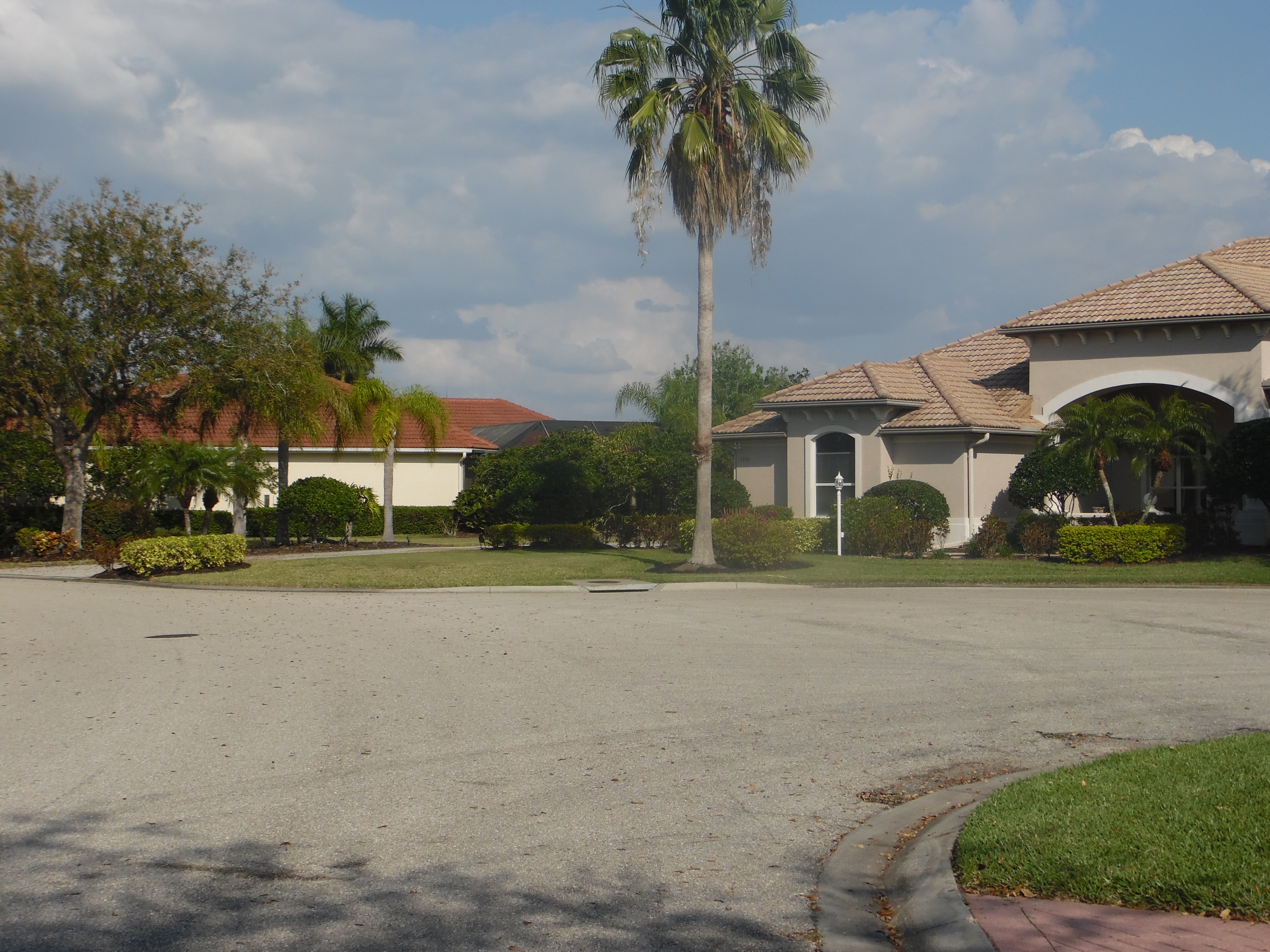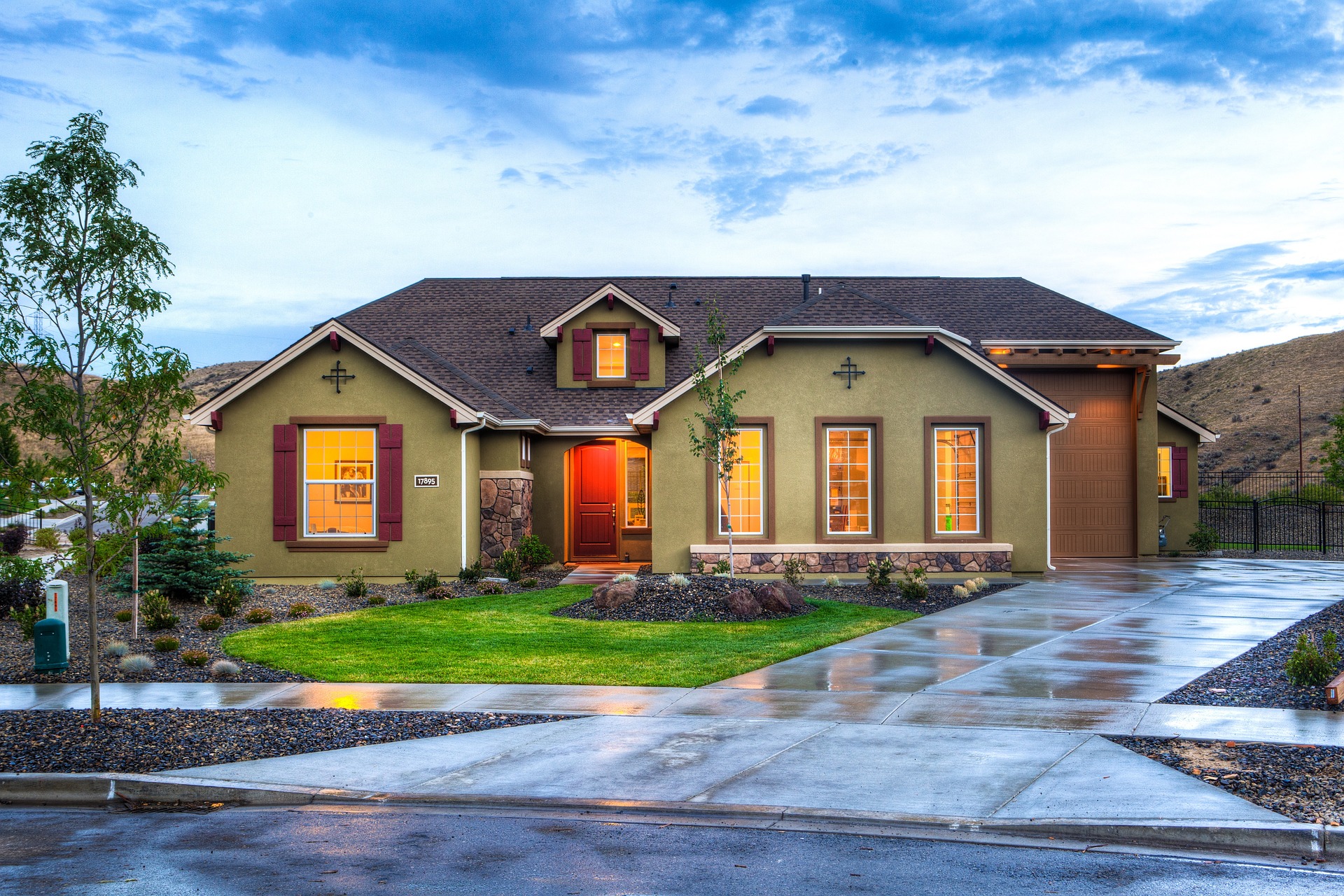Did you know that flooding is the number one natural disaster in the United States?
It can happen anywhere, even locations that are considered low-risk – in fact, a quarter of all flood insurance claims are for homes that are considered only at low to moderate risk of flooding.
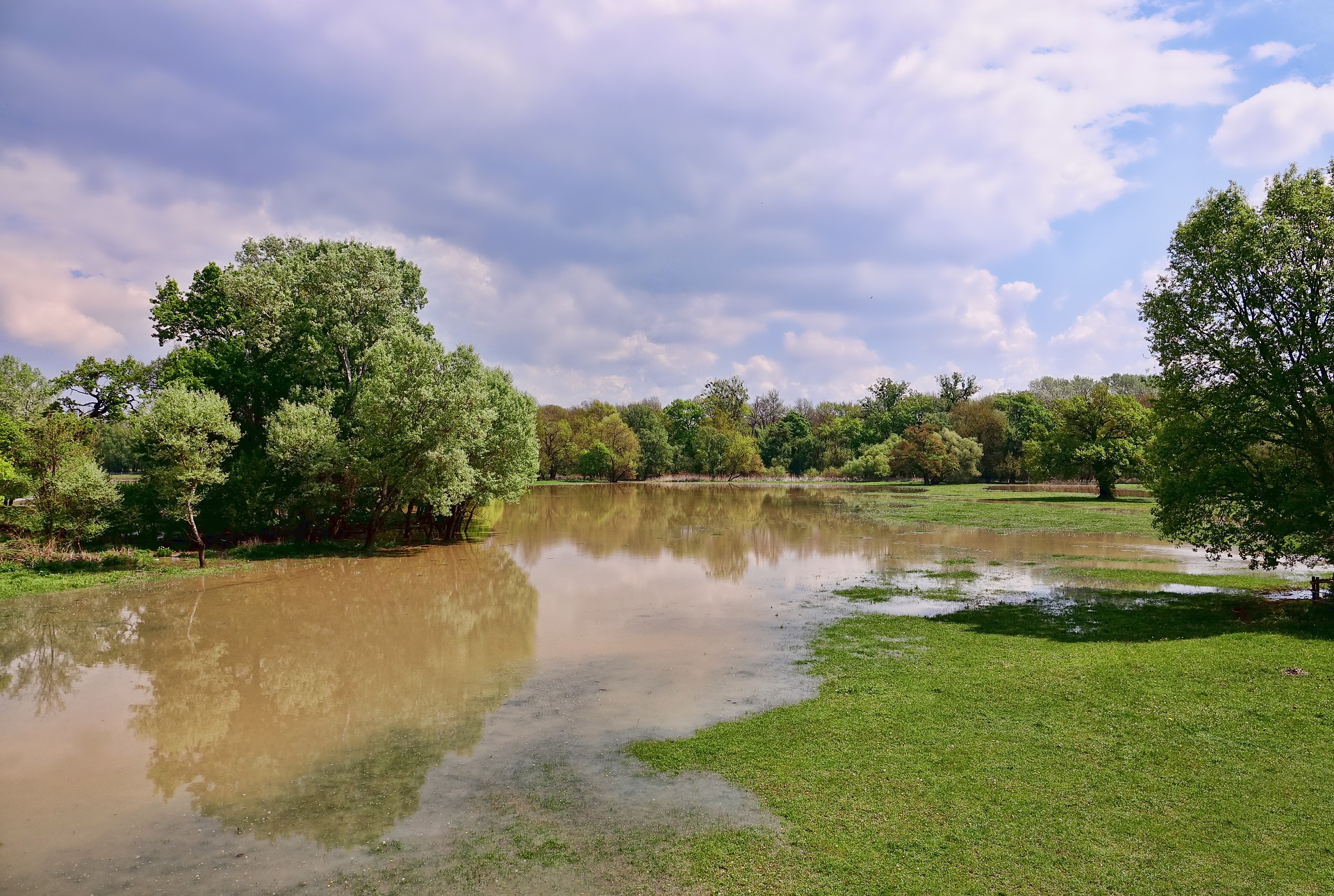
Most insurance policies don’t cover flooding, so you may need to purchase additional coverage to ensure that you will be protected in case the worst happens. Of course, you would much rather try to prevent flooding than deal with it after the fact, so here are 5 ways to protect your home against flooding.
Tip: Are you in a Florida Flood Zone? Find out here.
Raise important things off of the ground
The Federal Emergency Management Agency (FEMA) has plenty of information on their website to help you assess your risk and find out high flood waters are likely to rise in your neighborhood.
Use this information to raise everything important and electrical in and around your home high enough off the ground to be safe in the case of a flood. This includes raising and securing things like your furnace, water heater, electrical sockets, wiring, electric panel, fuel tanks, air conditioning units, and generators above likely flood levels.
Raising and securing so many large items may seem exhausting, but the work will save you a lot of cost and trouble in case of a flood.
Modify water valves
Gate valves or check valves prevent sewer water from backing up into your home. You should install them on any pipes that lead into your home to prevent a foul-smelling mess. The stronger a seal the valve has, the better it will prevent backflow.
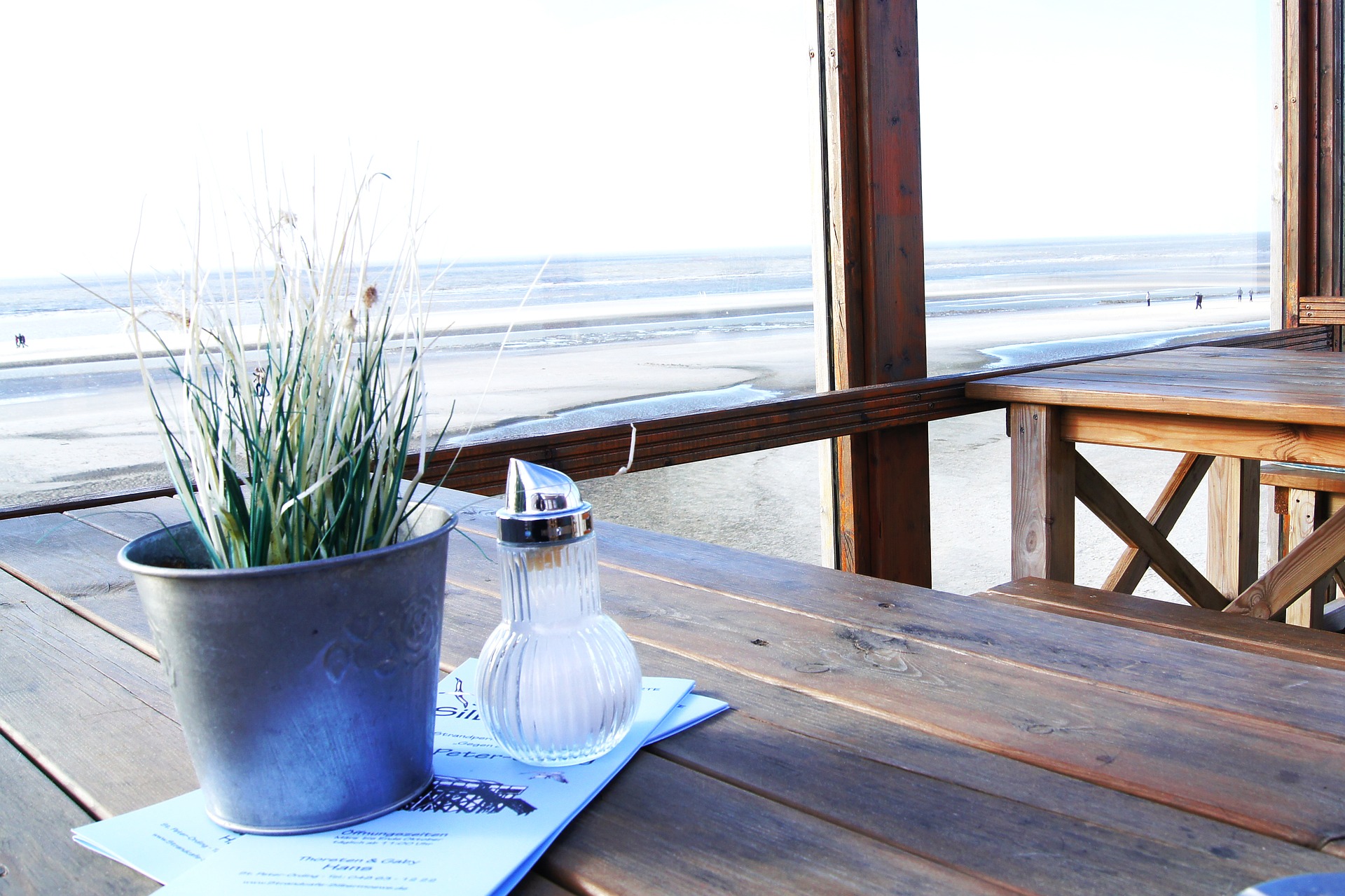
Know how water flows around your house
Go out in a typical rainstorm and see how water flows around your home. Are there areas where water tends to pool? Is one side of your home more vulnerable than the other sides? This information can help you decide what steps you can take to reinforce your home and help prevent flood damage.
Seal everything
Sealing the walls in your basement with waterproofer will help prevent leaks. Regularly check the sealant around door and windows. It will help prevent rain from seeping into your home. Check your roof and siding regularly for wear and tear.
If you know heavy rain or flooding is likely…
If you know there is an exceptionally high flood risk coming, there are some last-minute measures you can take to help prevent damage to your home.
Clean out your gutters
Clogged gutters can overflow and send water through places it isn’t intended to flow so heavily.
Cover the inside and outside of all air vents with heavy plastic sheeting
Air vents are one of the most common ways for flood water to enter a home.
Get as many electrical appliances off the floor as possible
If you have a second level in your home, bring as many of your valuables upstairs as possible. Cinder blocks can help raise furniture and kitchen appliances off the ground in an attempt to keep them dry during a flood.
Surround your home with sandbags
This last-ditch effort is your best opportunity to keep flood water out of your home.
Shut off your electricity
Water and electricity don’t get along very well – save yourself some headache and shut off your electricity before flood water does it for you!
Flooding can be an expensive nightmare, but luckily a little bit of prevention can help keep your home, family, and belongings safe during most extreme weather situations.


